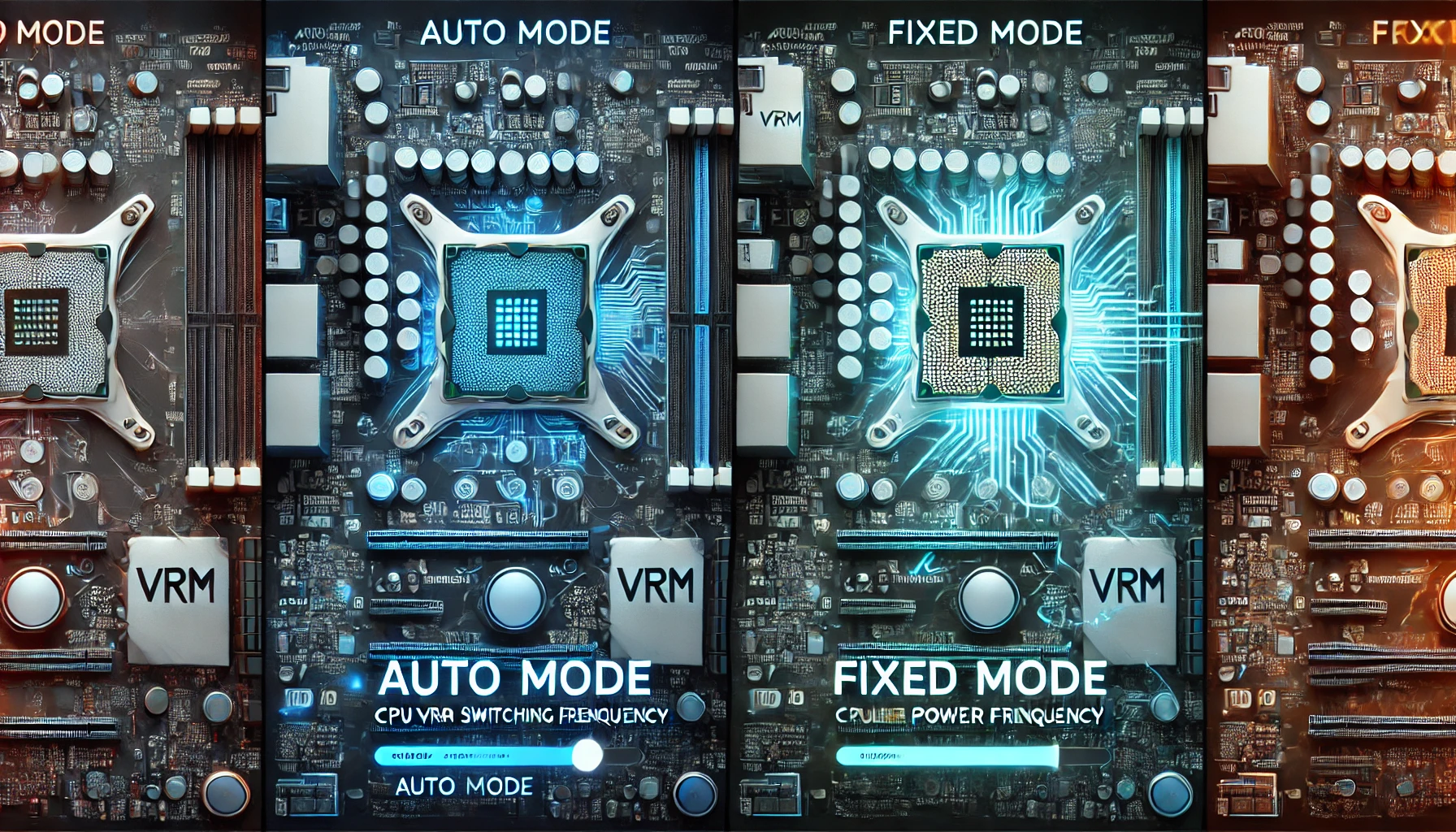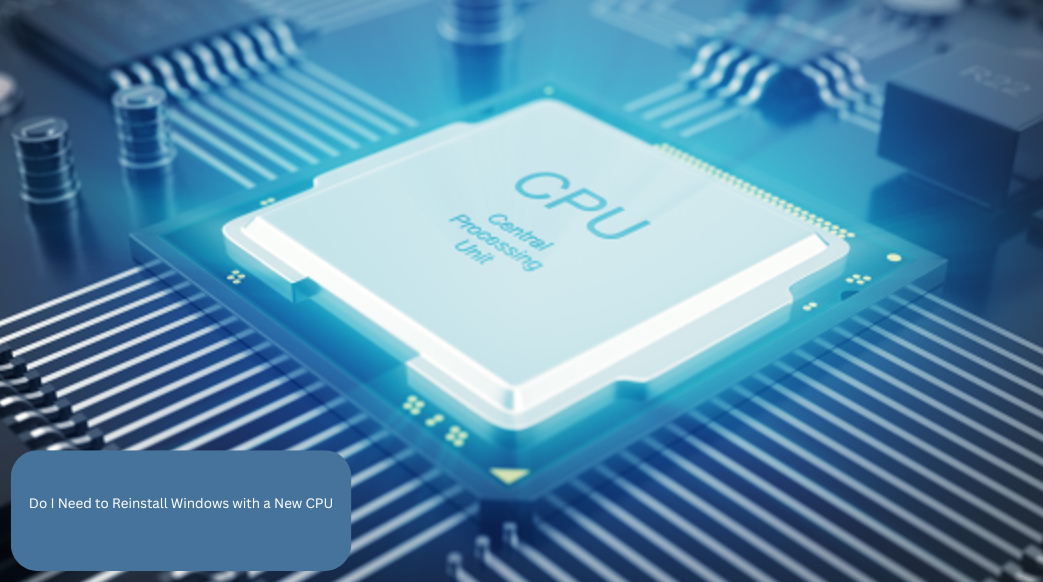Introduction
When building a PC, cooling is one of the most crucial factors to consider. But is a low profile CPU cooler good for your setup? These compact coolers are popular among small form factor (SFF) builds, but they come with both advantages and limitations. In this guide, we’ll explore their benefits, drawbacks, and whether they are the right choice for your system.
What is a Low Profile CPU Cooler?
A low profile CPU cooler is a compact cooling solution designed to fit in small or tight spaces. Unlike traditional tower coolers, these are shorter and often have a horizontal fan orientation. They are ideal for mini-ITX, micro-ATX, and HTPC (Home Theater PC) builds where space is limited.
Pros of Using a Low Profile CPU Cooler
A low profile CPU cooler can offer multiple advantages, especially for users prioritizing space efficiency.
1. Space-Saving Design
One of the main reasons users opt for a low profile CPU cooler is its compact size. If you have a small case with limited clearance, this type of cooler ensures compatibility without obstructing other components.
2. Adequate Cooling for Moderate Workloads
While they may not match high-end air or liquid coolers, low profile coolers still provide sufficient cooling for CPUs with lower TDP (thermal design power). If you’re not overclocking, they can efficiently maintain stable temperatures.
3. Quieter Performance
Many low profile coolers are designed for silent operation. Since they are optimized for efficiency in small builds, they often include high-quality, low-noise fans.
4. Easy Installation
Installing a low profile CPU cooler is generally easier compared to large tower coolers, which require more space and precise alignment.
5. Aesthetic Appeal
For users who prefer a minimalist or compact look, these coolers blend seamlessly with SFF builds and often complement a clean, clutter-free setup.

Cons of Using a Low Profile CPU Cooler
Despite their benefits, low profile CPU coolers have some drawbacks that might affect performance.
1. Limited Cooling Performance
Compared to tower coolers or liquid cooling solutions, low profile CPU coolers have smaller heat sinks and lower airflow, making them less effective at cooling high-performance CPUs.
2. Not Ideal for Overclocking
If you plan to overclock your processor, a low profile CPU cooler may not be the best choice. These coolers are designed for efficiency rather than extreme cooling performance.
3. Potential Clearance Issues
While they fit in small cases, they may still interfere with RAM modules or VRMs on some motherboards due to their wider footprint.
4. Higher Fan Speeds Under Load
Since they have smaller heat dissipation areas, low profile coolers may ramp up fan speeds under heavy loads, which can increase noise levels.
Best Use Cases for a Low Profile CPU Cooler
So, is a low profile CPU cooler good for every build? Not necessarily. Here are the best scenarios where they shine:
1. Small Form Factor (SFF) Builds
If you have a mini-ITX or micro-ATX case, a low profile CPU cooler is a great choice. Their compact design ensures proper airflow without compromising space.
2. HTPCs (Home Theater PCs)
HTPCs require silent and efficient cooling, making low profile coolers a suitable option. They keep the system cool without generating excess noise.
3. Entry-Level or Mid-Range Gaming PCs
For budget-friendly builds that don’t require high-end cooling, a low profile CPU cooler offers a balance between performance and affordability.
4. Office or Productivity PCs
For workstations that don’t generate high heat, low profile coolers are perfect due to their silent operation and space efficiency.
Top Low Profile CPU Coolers in 2024
If you’re considering a low profile CPU cooler, here are some of the best models available:
1. Noctua NH-L9i
- Pros: Ultra-quiet, compact, excellent build quality
- Cons: Not suitable for high TDP processors
2. Cooler Master MasterAir G200P
- Pros: RGB lighting, good cooling for its size
- Cons: Slightly larger footprint than some low profile coolers
3. be quiet! Shadow Rock LP
- Pros: Great performance for a low profile cooler
- Cons: Requires adequate case airflow
4. Cryorig C7
- Pros: Solid cooling for SFF builds, compact design
- Cons: Can get loud under load
How to Choose the Right Low Profile CPU Cooler
Before making a decision, consider these factors:
- CPU TDP Compatibility: Ensure the cooler can handle your processor’s heat output.
- Case Clearance: Check your case’s height restrictions to avoid fitting issues.
- Noise Levels: If silence is important, look for coolers with optimized fan designs.
- Build Quality: Go for reputable brands that use high-quality materials.
Conclusion
So, is a low profile CPU cooler good? The answer depends on your needs. If you’re building a compact PC with moderate cooling requirements, they are an excellent choice. However, if you need extreme cooling or plan to overclock, a larger air or liquid cooler may be better suited. By assessing your system’s needs, you can determine whether a low profile CPU cooler is the right fit.




